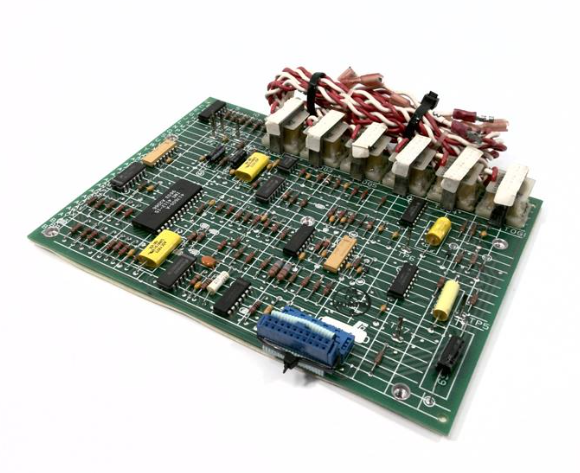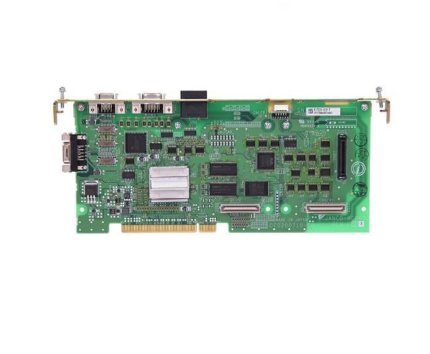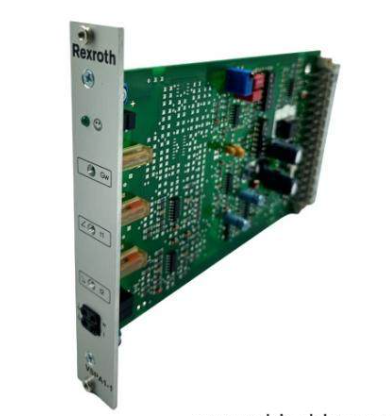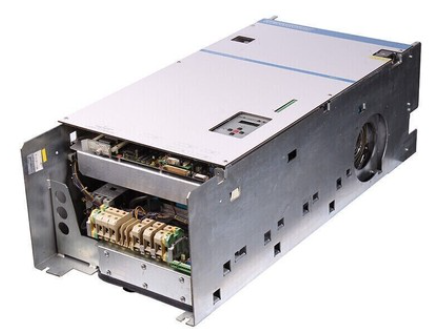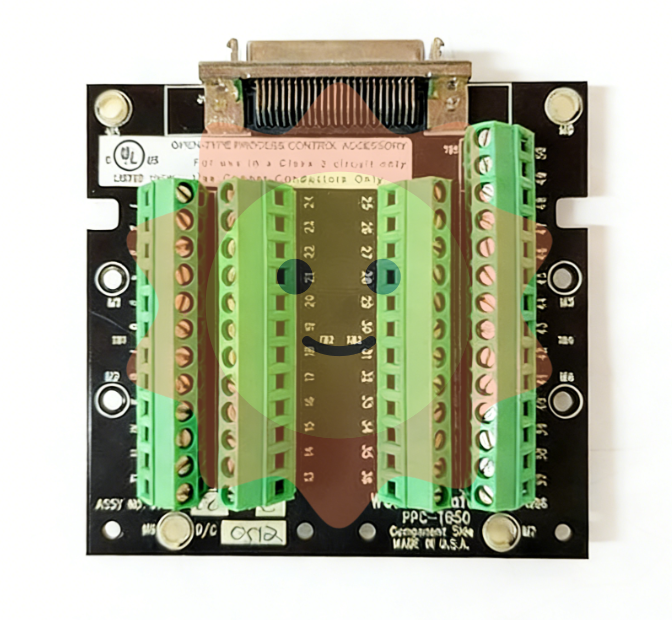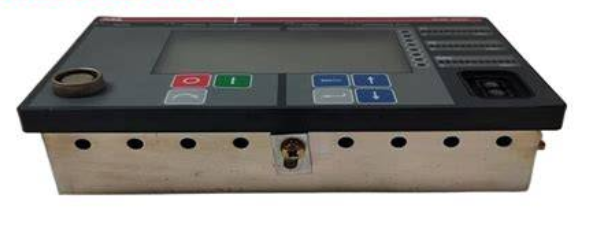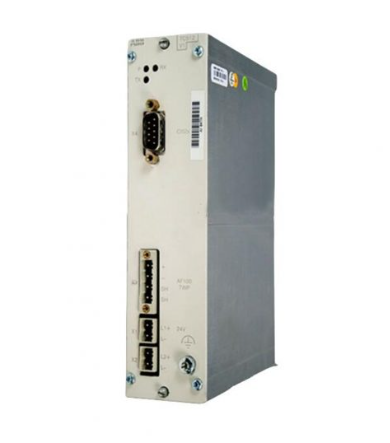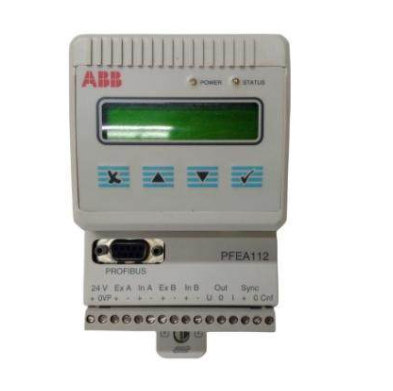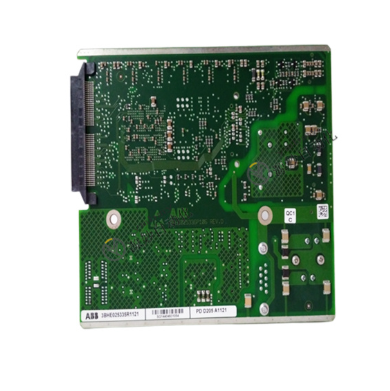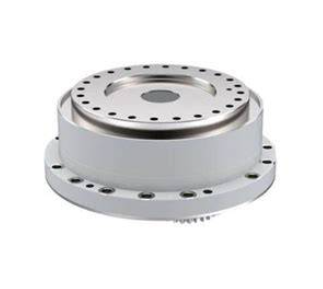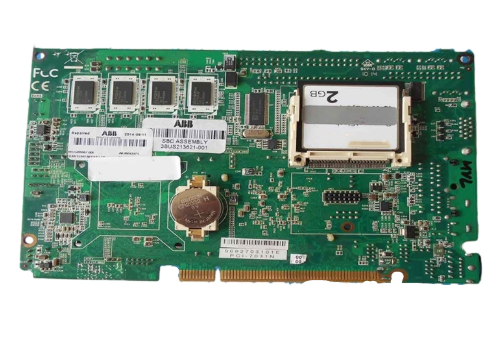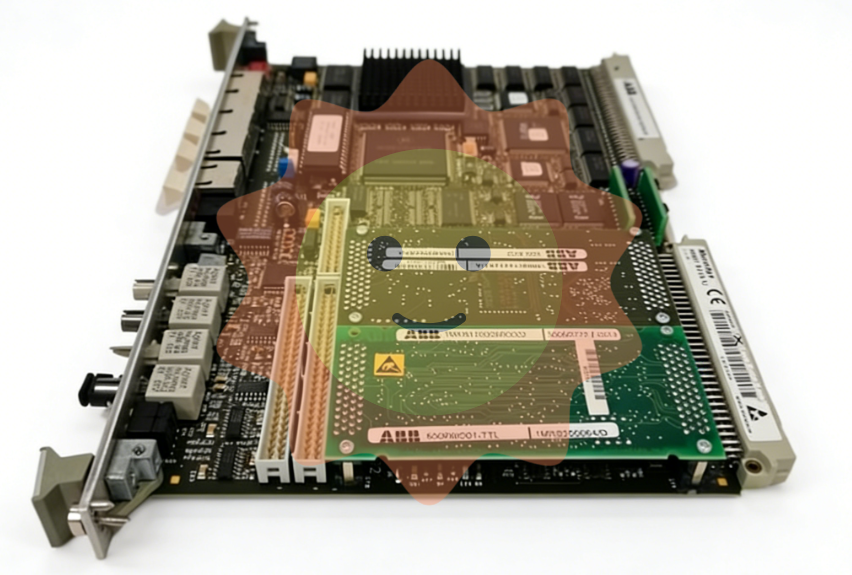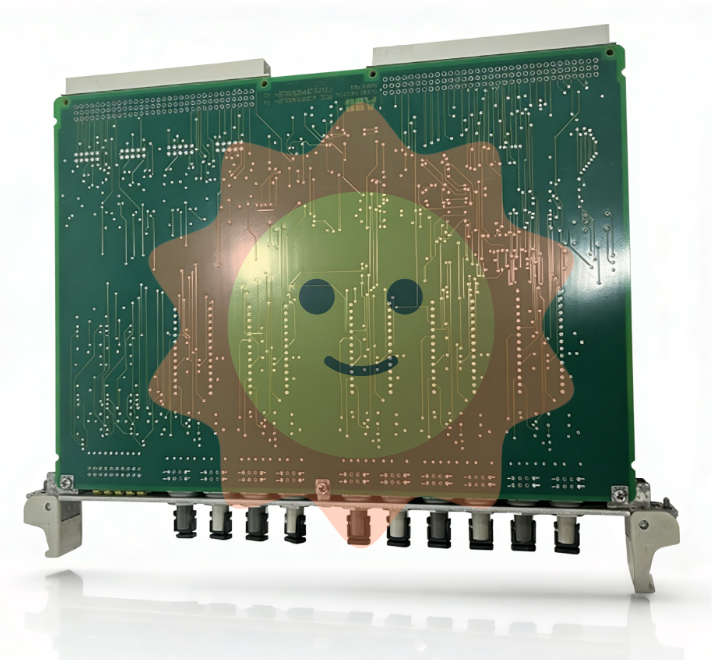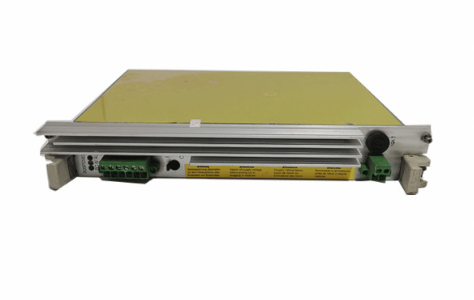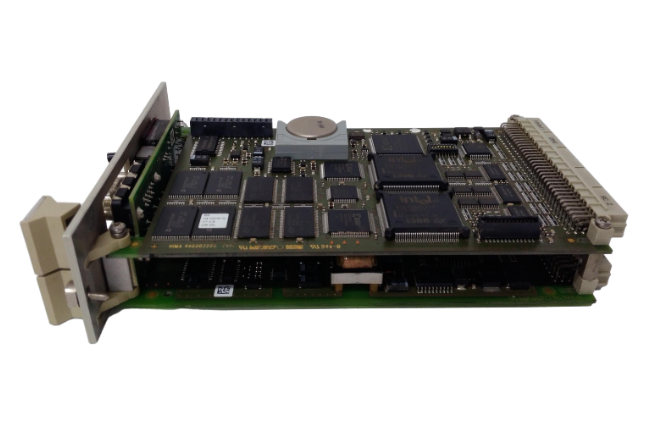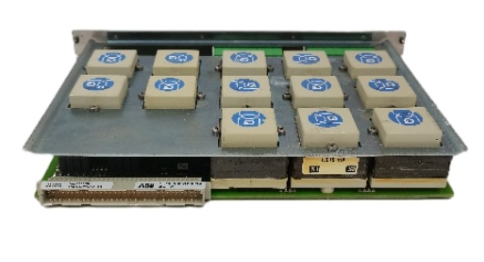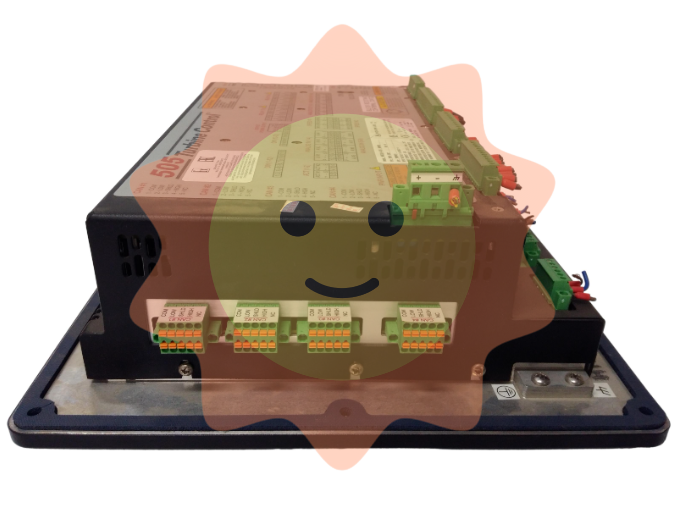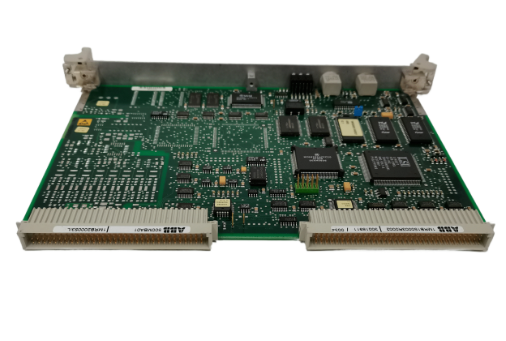ABB 83SR04-E/R1210 control module
ABB 83SR04-E/R1210 control module
Product overview
83SR04-E/R1210 is a multifunctional control module used in the field of industrial automation. It is mainly used to implement binary and analog stored program control tasks, and can perform various control functions at the driver level, group level, and unit level control levels. This module is designed to be used in conjunction with a multi-purpose processing station and supports three operating modes: binary control mode, analog control mode, and signal conditioning mode. The operating mode is selected through the function block TXT1.
Application scenarios
Drive control: suitable for controlling one-way drives, actuators, and solenoid valves.
Binary functional group control: supports sequential and logical control as well as 3-step control.
Signal conditioning: Processing and conditioning of signals.

Core functional characteristics
Multi mode operation
Binary control mode: Variable cycle time, supports up to 4 binary function group controls or driver controls, or a combination thereof.
Simulation control mode: Fixed selectable cycle time (50, 100, 150, 200, or 250ms), capable of implementing up to 4 simulation control loops in the form of 3-step controllers.
Signal conditioning mode: Fixed cycle time of 250ms, with interference bit output.
Communication and Interface
Automatically set module address, receive and send telegrams through station bus, support parity check to ensure error free data transmission.
Four hardware interfaces are used to connect the switchgear and process, supporting USA/USB+24V operating voltage. The internal branches are US11-US41, and each voltage has short-circuit protection and does not interfere with each other.
Storage and Processing
The user program is stored in non-volatile EEPROM and can be loaded and modified through PDDS.
The module contains a microprocessor that processes signals in conjunction with different storage media (EPROM, EEPROM, RAM), supporting storage of operating programs, functional blocks, user programs, and more.
Signal Processing and Diagnosis
Supports binary and analog signal processing, with event generation function, and prioritizes the transmission of new values when value changes are detected.
Interference bit evaluation and reception monitoring function, which can monitor the cyclic updates of input telegrams and identify signal transmission errors.
The diagnostic function includes internal self diagnosis of the module, storing the type in the diagnostic register when a fault occurs, and sending a general interference notification.
Program and configuration
Structured programming through PDDS, allocating module inputs/outputs to functional blocks, setting parameters, limits, etc.
Support online modification of parameter and limit list, simulation function can cover up to 32 module signals.
technical specifications
Electrical parameters
Working voltage: USA/USB+24V, internal branches are US11-US41 (48V/≤ 30mA).
Current consumption: 145mA+output current at 24V, power dissipation 3.5W.
Input / Output
Input: Process check signals for 4 functional units, 5mA at 48V.
Output: Command output Bx1/Bx2 and common command output BVx, 24V, IS ≤ 80mA, load resistance 360 ≤ Road ≤ 15k Ω, relay output life>20 million switching cycles.
Machinery and Environment
Size: 6 units, 1 partition, 160mm deep, in accordance with DIN 41612 standard, weight approximately 0.55kg.
Interference immunity: Complies with DIN EN 61000 series standards, including electrostatic discharge, radio frequency electromagnetic fields, electrical fast transients/pulses, surges, and conducted interference.
Operation and maintenance
Initialization and Startup
After inserting the module or connecting the voltage for initialization, the user program needs to be transferred from PDDS to RAM for the first startup, and then transferred to EEPROM.
Normal operation
Process user programs in EEPROM, process bus and process interface signals based on the structure list, output commands to the switchgear, and transmit process status check signals.

- ABB
- General Electric
- EMERSON
- Honeywell
- HIMA
- ALSTOM
- Rolls-Royce
- MOTOROLA
- Rockwell
- Siemens
- Woodward
- YOKOGAWA
- FOXBORO
- KOLLMORGEN
- MOOG
- KB
- YAMAHA
- BENDER
- TEKTRONIX
- Westinghouse
- AMAT
- AB
- XYCOM
- Yaskawa
- B&R
- Schneider
- Kongsberg
- NI
- WATLOW
- ProSoft
- SEW
- ADVANCED
- Reliance
- TRICONEX
- METSO
- MAN
- Advantest
- STUDER
- KONGSBERG
- DANAHER MOTION
- Bently
- Galil
- EATON
- MOLEX
- DEIF
- B&W
- ZYGO
- Aerotech
- DANFOSS
- Beijer
- Moxa
- Rexroth
- Johnson
- WAGO
- TOSHIBA
- BMCM
- SMC
- HITACHI
- HIRSCHMANN
- Application field
- XP POWER
- CTI
- TRICON
- STOBER
- Thinklogical
- Horner Automation
- Meggitt
- Fanuc
- Baldor
- SHINKAWA
- Other Brands










